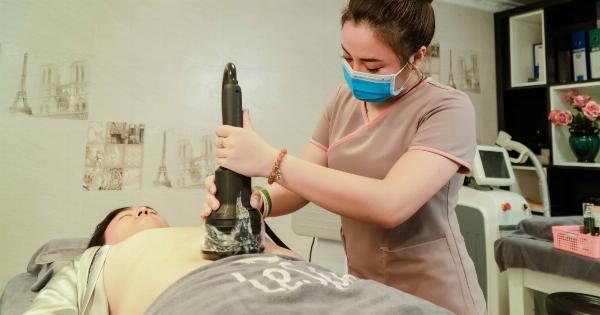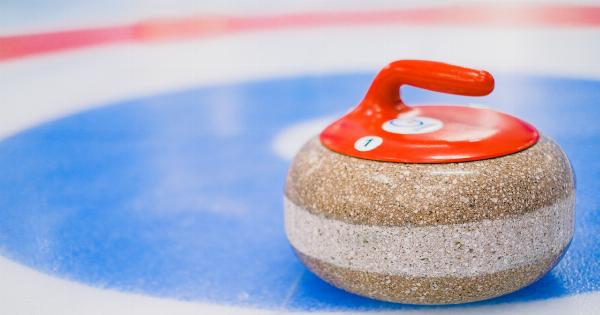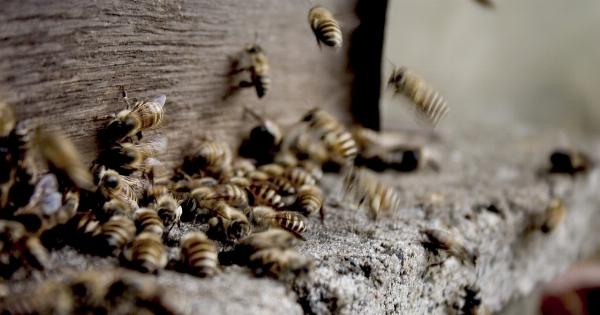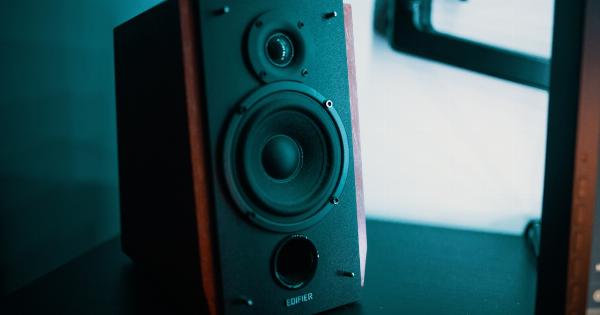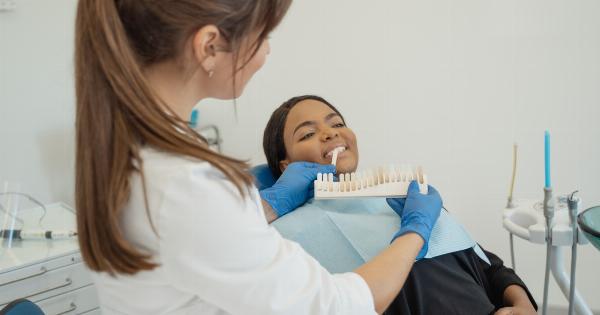Lice infestations are a common problem, especially among school-going children. These tiny parasites feed on blood from the scalp and attach their eggs to strands of hair, leading to intense itching and a lot of discomfort.
If you have lice or know someone who does, it’s important to get rid of them as soon as possible, to prevent them from spreading to others and causing more problems. Here is the ultimate guide to lice removal.
What are Lice?
Lice are tiny, wingless parasites that feed on human blood. They live on the scalp, close to the hair shaft, and lay eggs that attach to individual strands of hair.
Lice infestations are highly contagious and can spread through contact with contaminated objects or direct head-to-head contact. Symptoms of lice infestations include intense scalp itching, red bumps or sores on the scalp or neck, and the presence of small white or greyish-brown lice eggs, called nits, on the hair shaft.
How to Check for Lice
Checking for lice is an essential step in treating an infestation. It is essential to identify the presence of lice and nits accurately.
Check the person’s hair and scalp for nits attached to the hair shaft, behind the ears, and at the back of the neck. It’s easier to see the lice and their eggs in bright light. Use a magnifying glass to assist you in identifying whether the nits or debris are present if the infestation is new.
Effective Treatments for Lice Removal
Several lice-removal treatments are available to get rid of lice and their eggs. Many of them are available over the counter, but prescription treatments are also available. The main lice treatments available include:.
1. Over-the-Counter Treatments
Many over-the-counter shampoos and other products are available to treat lice infestations. These products contain insecticides, which work by killing the lice and their eggs.
Follow package directions carefully to ensure the products are used correctly, and repeat the treatment as necessary.
2. Prescription Treatments
For more severe infestations or cases that do not respond to over-the-counter treatments, prescription medications may be necessary. These medications are available in the form of shampoos or lotions and work to kill both lice and their eggs.
It is essential to follow the instructions given by your doctor carefully.
3. Home Remedies
Several home remedies have been found to be effective in treating lice infestations. Such remedies include:.
4. Olive Oil
Olive oil helps to suffocate lice by clogging their breathing holes. Apply enough oil to scalp and hair, and then cover the hair with a shower cap overnight. Wash it thoroughly with shampoo and later comb the hair with a nit comb.
5. Mayonnaise
Mayonnaise is a natural remedy for treating lice. Apply a lot of mayonnaise to wet hair and scalp and then cover the hair with a shower cap. Leave it for an hour or two and then rinse it with water and comb the hair properly with a nit comb.
6. Tea Tree Oil
Tea tree oil has been proven to be useful in treating lice infestations. Mix around 5-10 drops of tea tree oil in a small amount of shampoo and apply it to the hair.
Rinse the hair and later apply a conditioner to the hair and comb the hair with a nit comb.
Lice Prevention Tips
Even after successfully treating a lice infestation, it’s essential to take steps to prevent further infestations. Here are some tips for preventing lice infestations:.
1. Avoid Head-to-Head Contact
Avoid direct head-to-head contact with other people, especially those who have lice infestations.
2. Don’t Share Personal Items
Avoid sharing personal items such as combs, brushes, hats, and headbands, which may carry lice.
3. Keep Hair Tied Up
Keep hair tied up and away from other people, especially in crowded areas such as schools and public transport.
4. Wash Items in Hot Water
Wash beddings, clothes, and other personal items in hot water to kill any lice or eggs that may be present.
Conclusion
Lice infestations can be uncomfortable and embarrassing, but they are treatable. Follow the tips above for successful lice removal and prevention. If in doubt, seek expert advice from a doctor, pharmacist, or other qualified healthcare provider.








